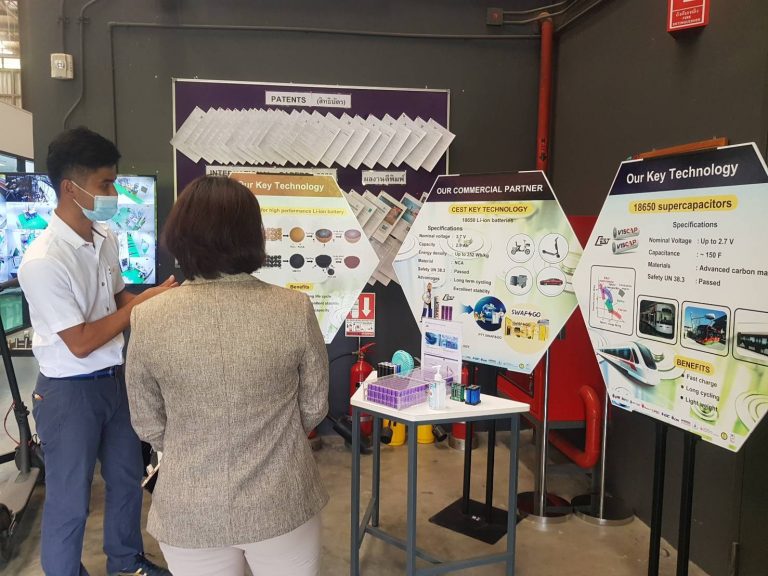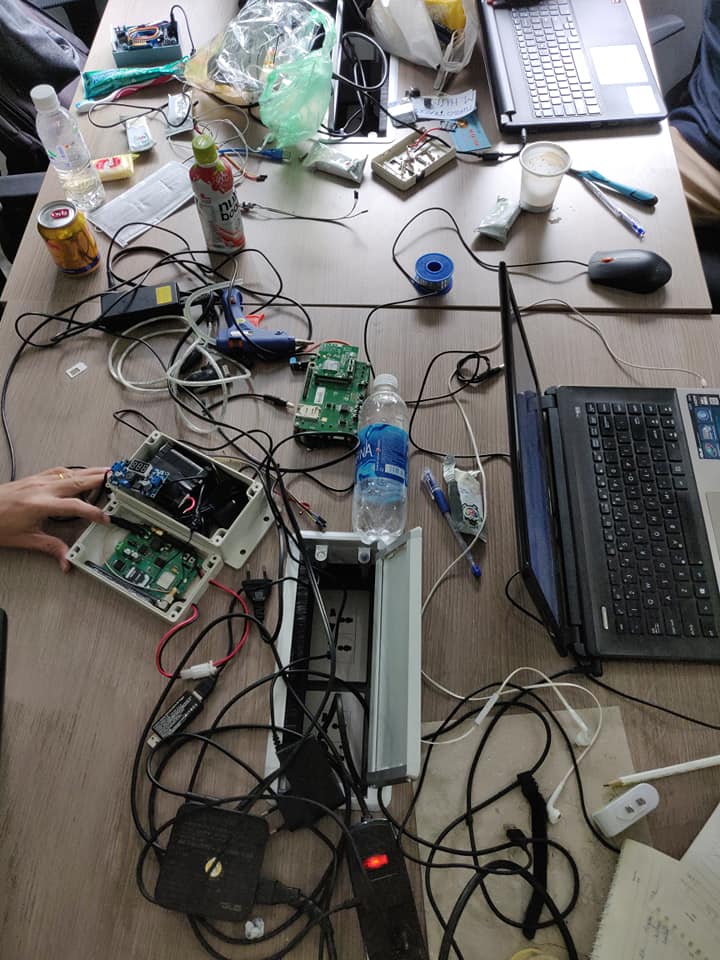Innovation in Clean Energy in Vietnam
Innovation and Startups: A General Trend
Since the early 2010s, the globalization process in Vietnam has been significantly accelerated through policies that promote and develop new socio-economic trends. Notably, concepts such as “startups” and “innovation” have emerged across various sectors, including technology, finance, education, agriculture, and tourism. Alongside this trend, growing attention has been directed towards climate change, driven by concerns over environmental pollution, waste, and activities deemed unsustainable for societal development. In tandem with the rising environmental awareness, renewable energy projects began emerging in the mid-2010s. Both of these transformative movements have now become more pronounced than ever before.
Vietnam is currently experiencing strong growth in clean energy investments, not only in terms of the number of projects and electricity output but also in terms of public awareness. By 2019, renewable energy (RE) had become a key topic at investment forums, with private equity inflows into this sector surpassing more popular fields such as e-commerce and pharmaceuticals, ranking just behind fintech and education. In 2020, Vietnam’s renewable energy market exploded, attracting $7.4 billion in investments, surpassing countries like France and Germany, and placing Vietnam among the top 10 countries globally in terms of clean energy usage, with an accumulated capacity of over 16.6 GW.

Startup Ecosystem: Untapped Potential
With favorable natural and climatic conditions and a high demand for energy, Vietnam holds significant potential for the growth of renewable energy types such as solar, wind, and wave energy. However, in order to meet the goals of combating climate change, improving living environments, and pursuing sustainable development, the market still requires many innovative solutions and greater attention from both the government and key actors within the startup ecosystem, including young entrepreneurs.
According to a recent survey by New Energy Nexus Vietnam (NEX VN), only around eight organizations currently support startups in the clean energy sector. It seems that attention and investment continue to be heavily focused on large-scale solar farms and wind energy projects with high output, while small-scale startup projects are being overlooked.
In terms of development and implementation within renewable energy and energy efficiency projects, Vietnam’s market is in dire need of a technically skilled, highly specialized workforce, coupled with an innovative mindset, to address the technological challenges through breakthrough solutions. During its operation of clean energy startup support projects, NEX VN has had the opportunity to engage with and support a large number of students from universities across the country who are interested in renewable energy and energy efficiency, as well as startup project groups within the industry. NEX VN has identified a significant potential in the capabilities, expertise, and innovative thinking of these groups, which deserves more attention.

However, the activities that foster collaboration among stakeholders to help these young groups enhance their skills and access development opportunities remain limited.
Beyond these challenges, many projects face difficulties in accessing financial capital. Companies with projects in need of funding often struggle to find suitable investors, while many project proposals fail to meet the criteria set by investment fu nds. This creates a gap in the market and signals a need for support from startups, incubators, and accelerator programs within the ecosystem.
Accelerators: A Model to Propel the Ecosystem
Accelerator programs are a crucial component for driving the growth of the ecosystem. Unlike incubators, which focus on the early stages of startups, accelerator programs assist startups in their growth phase by offering advanced training programs, facilitating connections with investment funds, and supporting market expansion and development. These programs are specifically designed to provide intensive training for founders, significantly shortening the learning curve and acting as catalysts to help startups gain greater access to investment programs and collaboration with industry leaders.

Notably, some of the programs that New Energy Nexus Vietnam has implemented include the “Building Energy Challenge 2020,” which promotes interest in and the adoption of energy-efficient solutions for green buildings and smart buildings in Vietnam. Additionally, the “Accelerator 2020” program supported five standout startups in the fields of electric vehicles, construction design, electricity management, and the Internet of Things (IoT) technology. These programs have garnered enthusiastic support from leading industry experts, startup projects, and investment funds in developing and connecting the critical elements of the clean energy startup ecosystem.
The clean energy ecosystem and market, with its substantial growth potential, requires greater attention and support from all stakeholders, particularly regarding breakthrough and innovative ideas and solutions. Clear investment policies, a well-defined legal framework, and the attention of government agencies are crucial for creating the foundation for cooperation between businesses, support organizations, and financial investment programs. This would elevate Vietnam’s clean energy market to a new level, allowing it to fully realize its inherent strengths and potential.







